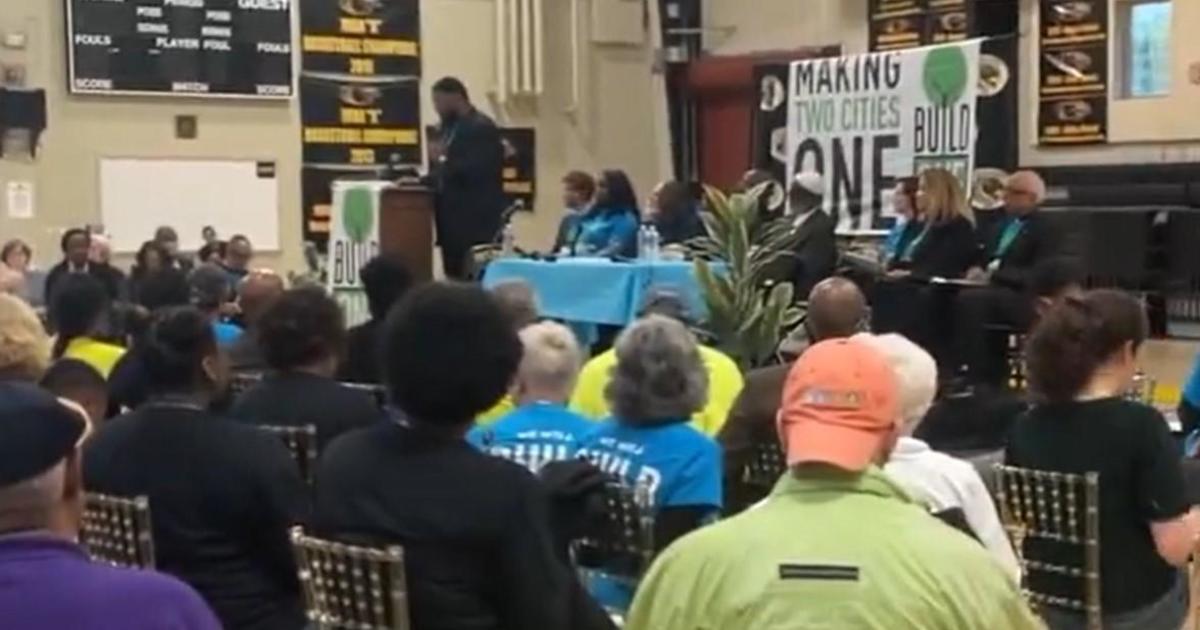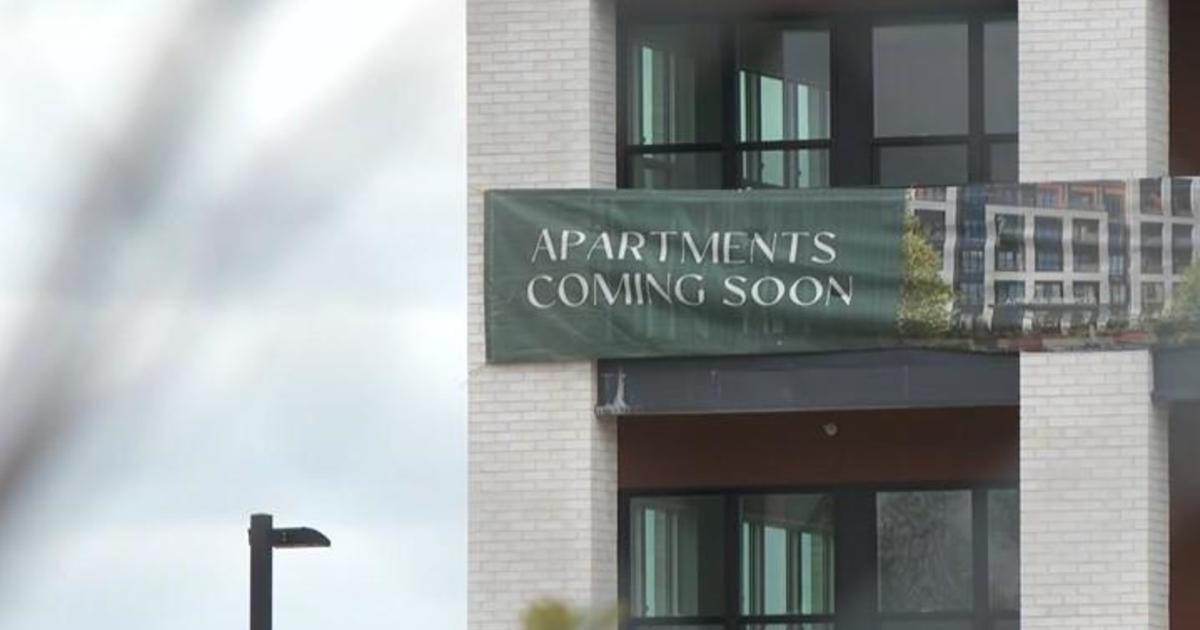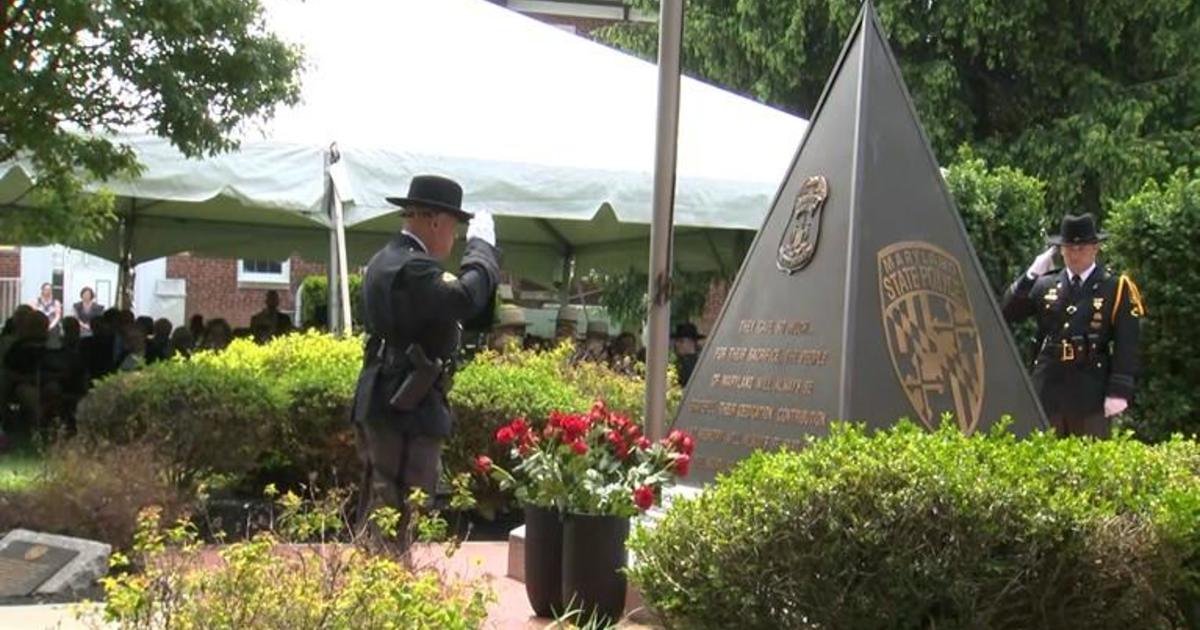"Food Deserts" Continue To Plague Poor Neighborhoods
BALTIMORE (WJZ) -- It's an issue that has plagued communities for decades, commonly linked to poor health because of the lack of access to fresh, healthier food options.
Marcus Washington has more.
Food deserts exist in every major city of the country, places where the makeup of the neighborhood is lower income and the closest grocery store is miles away---virtually leaving people to turn to what is nearby.
They are neighborhoods often left abandoned.
"It's only five minutes away when driving but walking, it's a distance because you're walking up that hill on Belair Road," said one resident.
Pockets of many cities---even here in Baltimore, where growth is booming, sits neighborhoods left abandoned by supermarkets.
"I have to take two buses, the 13 and the 8, because there is nowhere to shop," said one resident. "You can't go to the corner store because they are robbing you blind."
They're called food deserts---neighborhoods where the nearest supermarket is miles away, often feeling like worlds away for a person or family without a car and limited financial funds.
"You have the senior citizens building on Hartford; they have nowhere to go now because the Stop Shop & Save closed up. I mean, they have apples and oranges over there," said a resident. "The business wasn't too good. Prices were too high and we can't afford it."
Studies show that predominantly white neighborhoods have four times as many supermarkets as predominantly black or Hispanic neighborhoods. To fight against this issue, Mayor Stephanie Rawlings-Blake has come up with an incentive to get supermarkets back into the neighborhoods that need them most.
"The particular proposed legislation would give Baltimore City the authority to grant a 10-year personal property tax exemptions to supermarkets that either locate or do significant renovations in or near food deserts," said Leon Pinkett.
Within the city of Baltimore, 20% of all residents live in a food desert. That's why the mayor has decided that if the grocers are not coming to the neighborhoods on their own---give them a reason.
Many residents say this is long past due.
"Well, that will be a blessing, because around this area, we do need another food market," said one.
Studies show more than 23 million people live in food deserts. Nearly half are low-income.



